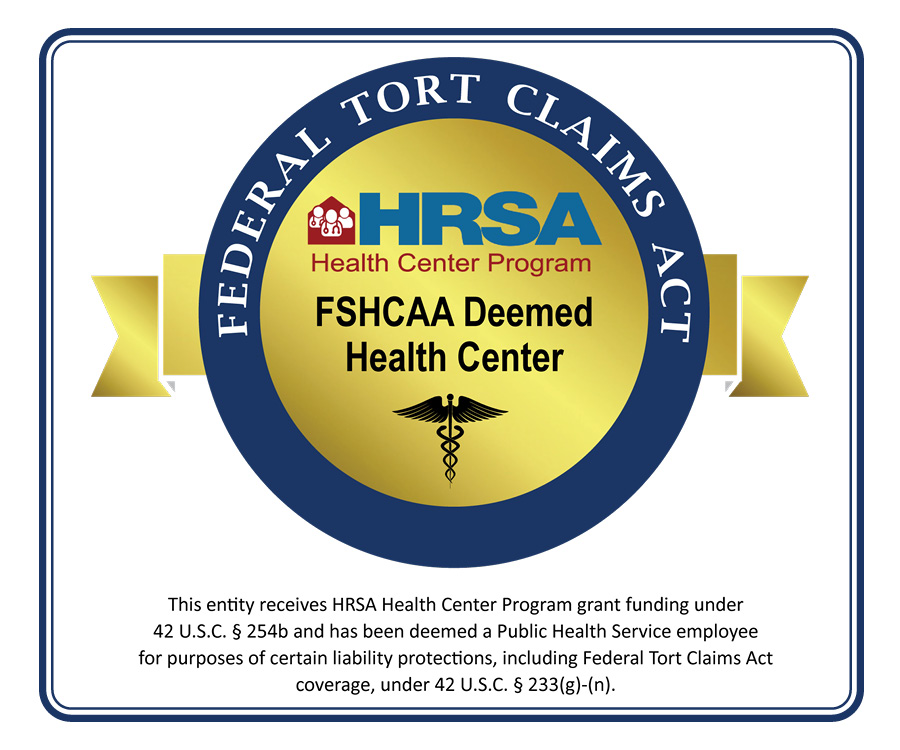Get the Shot, Not the Flu!
The Facts You Need to Stay Healthy During Flu Season
What is the flu?
Influenza, more commonly known as “the flu,” is a highly-contagious respiratory virus. This virus can affect the nose, throat and lungs. Its symptoms can range from mild (little to no symptoms) to severe. This is why it’s very important to get a flu vaccine, which can help prevent the flu.
When is flu season?
While the flu is a year-round virus, it’s more common during what is known as “flu season,” which is in the fall and winter. It generally starts around October, peaks in February, and can last until the Spring.
HOW DOES THE FLU SPREAD?
The flu spreads from person to person. The flu virus can be found in droplets from sneezes and coughs. When someone sneezes or coughs, these droplets can spread three feet and sometimes more. If you’re near someone who’s infected and they sneeze or cough, you can get infected. The droplets can also land on surfaces such as doorknobs and light switches. If you touch these after droplets landed on them, you may get infected with the flu virus.
Flu Symptoms can include:
- Fever and chills
- Muscle and body aches
- Headache
- Fatigue
- Coughing
- Sore throat
- Runny or stuffy nose
- Vomiting
- Diarrhea
Who’s at high risk for flu-related complications:
- Young children
- Adults over 65
- Pregnant women
- People with serious medical conditions, including asthma, diabetes, heart disorders, obesity, those with weakened immune systems and others
WHO SHOULD GET THE FLU SHOT?
We recommend that everyone 6 months and older receive the flu shot each year. This recommendation has been in place since 2010 to help protect people from the flu and its complications. It’s especially important that those at high risk—and those working with high-risk populations—get the flu vaccine.
How can you prevent getting and spreading the flu?
The best way to prevent the flu is get the flu vaccine, also known as the flu shot, which we offer for free at our clinic. Other helpful ways to prevent getting and spreading the flu include avoiding being around someone who is sick, washing your hands often, not touching your face, covering your mouth and nose when sneezing or coughing, cleaning surfaces like doorknobs and light switches and staying home when you’re feeling sick.
Complications of the flu
Complications from the flu can include pneumonia, dehydration, ear infections and more. It can also make an illness that you already have even worse. This includes asthma, heart problems and diabetes. This is why it’s important to get a flu shot.
Will a flu shot prevent me from getting Covid-19?
A flu shot won’t prevent you from getting Covid-19 so we recommend also getting the Covid-19 vaccine.
Is it safe to get both the flu shot and Covid-19 vaccine?
It’s perfectly safe to get vaccines for both the flu and Covid-19. In fact, it’s highly recommended.
How can I get the flu shot?
Simply stop by our clinic to receive your flu shot. An appointment isn’t necessary.
Where can I learn even more about the flu vaccine?
For the latest information about the flu, visit the CDC’s web site: https://www.cdc.gov/flu/


